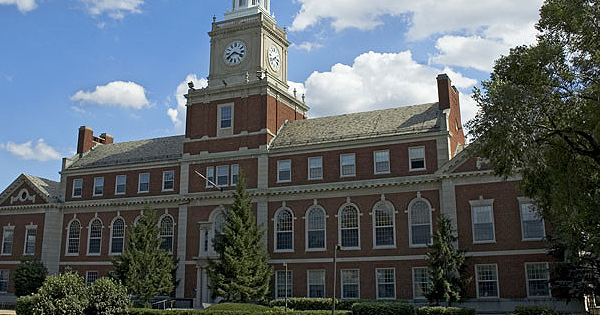The fight against segregation was not always the fight against segregation. It began as the fight to end slavery, and then the fight for equal rights. The battle for racial equality has always, and continues, to be present in daily life. The frustrations were increasing exponentially as African-Americans and non-WASPS were constantly discriminated against in 20th century America. the
Plessy v. Ferguson case of 1896 cemented this discrimination into public life by declaring that segregation was allowed, so long as society was separate but equal. Howard University emerged as a beacon of light, a prestigiously black university in the height of denying opportunities to those who were "different." When Charles Hamilton Houston, an African-American man raised by a Washington DC lawyer, became the head of the Howard Law School, he came in knowing he had to create change. His grandfather was a slave, and all his life, he knew that he was not growing up in a world that wanted him to succeed. As head of the law school, Houston pushed his students to become the best constitutional lawyers they could. His plan was to attack the law by using the law. Because the school was a black school, many, if not all, of the students were ready to accept the challenge of attacking the laws of segregation. Houston was fully aware that this journey would take decades, if not longer, but was so frustrated with being denied his equality time and time again that he knew he had to create change. Finally, after tirelessly fighting, the battle for equality became a reality as the black community of America brought segregation to the ground.






5 comments:
This is interesting, as this goes deeper than what we just learned in class today!
Fantastic summary of this event, very descriptive yet concise
How did Houston himself actually impact segregation? Did he have any big trials that brought down barriers or laws, or did he only raise a new generation of black lawyers?
This was an interesting summary of the important actions Huston took towards fighting injustice and oppression. I enjoyed reading about how Houston's vision of how education and joint efforts could topple racist institutions.
I think you did a great job of describing what was really going on in society at the time and how it drove Houston to respond in a manner that directly attacked the law. I also love your use of images and the tone you use to include Houston's perspective.
Post a Comment